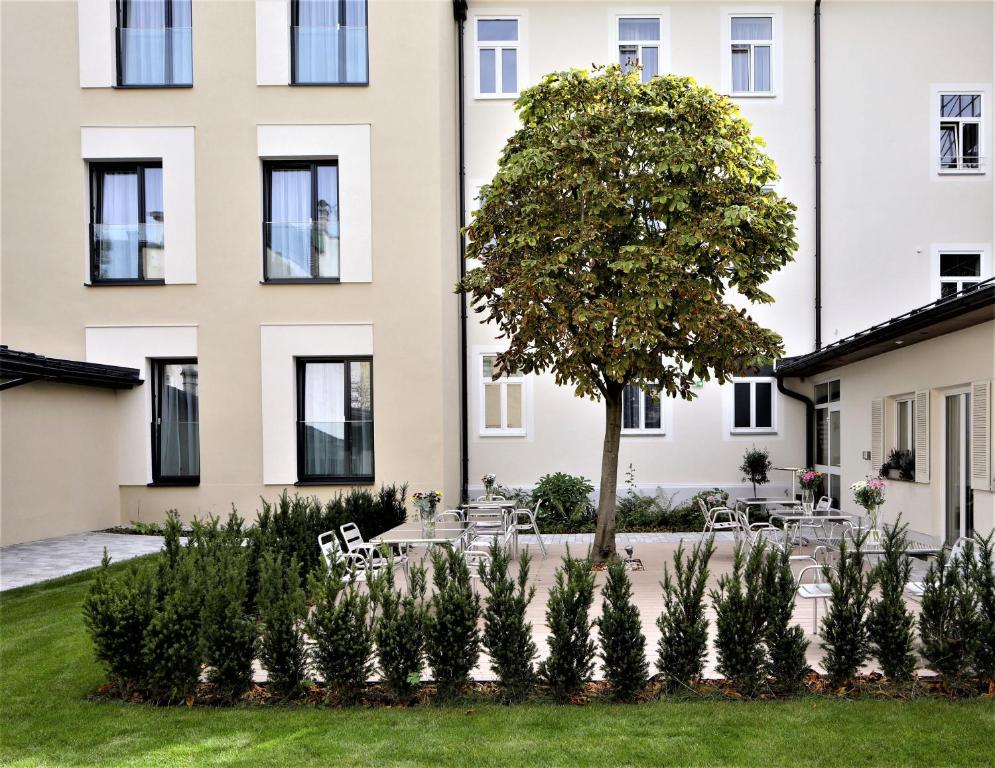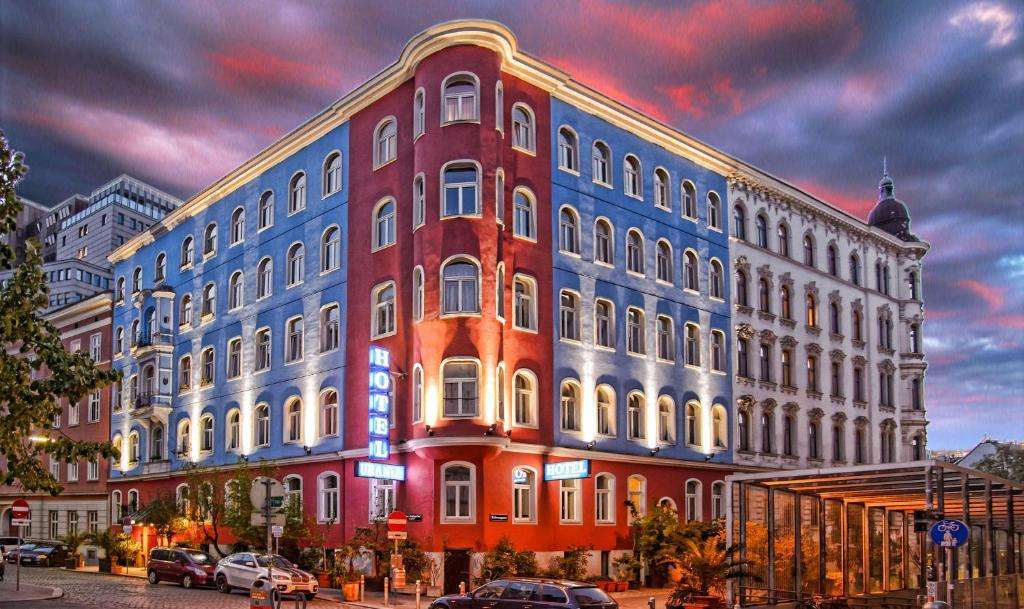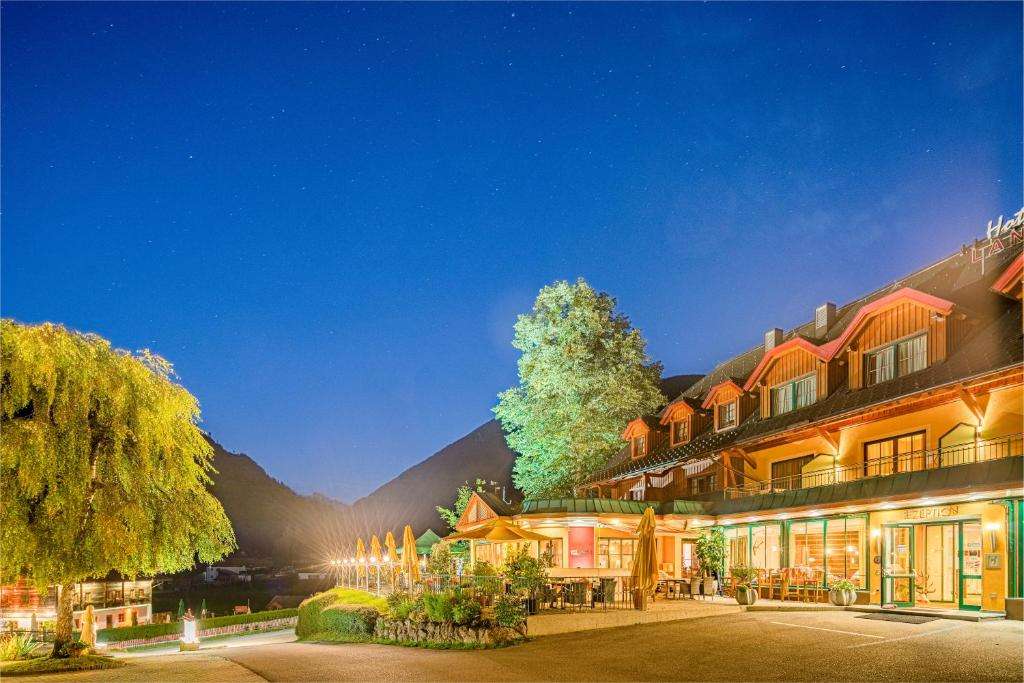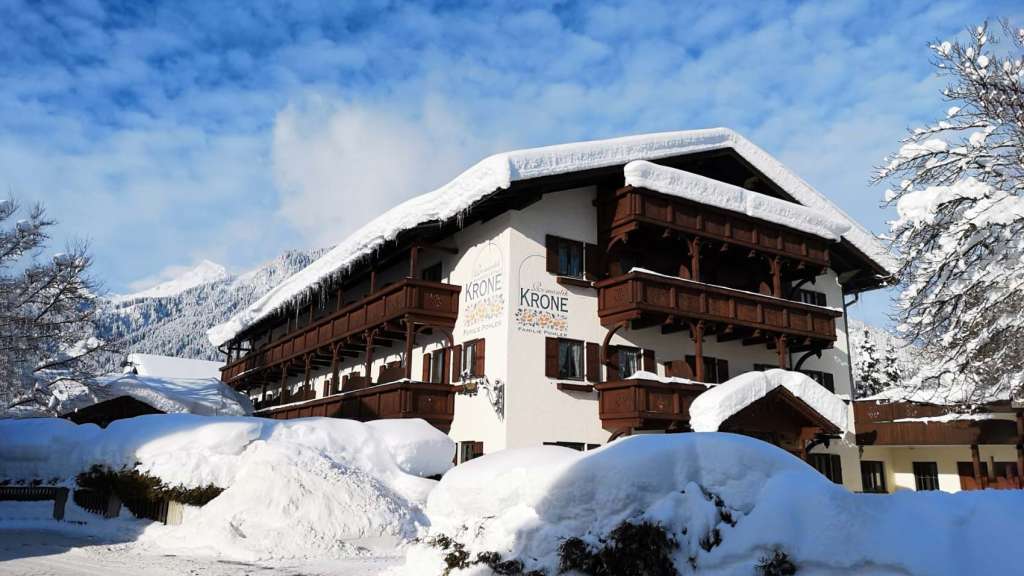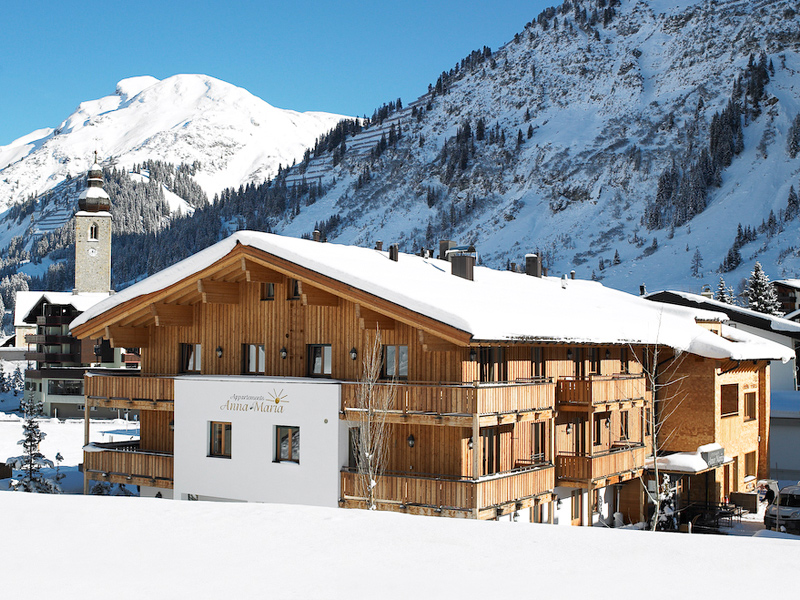Digital hotel - is this the future?
Digital hotel - is this the future?
The rapid spread of smartphones, the constant use of social media, the increasing demand for personalized services and the advancing digitalization in other areas of life do not stop at the hotel industry. Many hoteliers are therefore embracing digital innovations, such as the digital hotel, in order to be prepared for the future.
Automation and technology have therefore already found their way into the hotel industry and make it possible to automate traditional reception and customer service tasks with innovative tools.
Although a digital hotel without a reception desk and staff is possible, this does not necessarily mean a complete lack of human service. Rather, digitalization and automation offer hoteliers an opportunity to improve their service and simplify the stay for both guests and employees.
In this blog article, we therefore look at how a digital hotel without staff and reception works and what a stay in such a hotel might look like. We also look at the advantages and disadvantages of a digital hotel and give you 11 tips for useful digital tools that you can use in your hotel in the future.

The hotel of the future without reception and staff?
Many tasks can already be digitized and automated today. Check-in and check-out, for example, can be carried out via self-service terminals or mobile apps and processed digitally.
However, the implementation of a hotel without reception and staff depends on various factors, including the type of your hotel, your target group and the individual preferences of your guests. It is also conceivable that future hotel concepts will offer various options that allow guests to choose between an automated, unstaffed stay and a traditional service with human contact.
What does a stay in a digital hotel look like?
A stay in a smart hotelopens up a wide range of possibilities for you to personalize your guests' stay and offer maximum convenience and efficiency. From digital check-in and a digital guest directory to personalized recommendations in advance by email, many things can be implemented. Digital hotels are particularly popular with business travelers, but even more and more families and tourists appreciate the seamless service.
This can look like the following, for example:
As soon as your guests enter the hotel or their room, they are greeted by state-of-the-art technology. In a digital hotel, your guests can use smart home systems to adjust the room temperature, lighting, curtains and other amenities according to their individual preferences.
A central control unit or even voice commands allow guests to personalize the ambience of their room and create a pleasant atmosphere. Whether they prefer it comfortably warm or refreshingly cool, the desired setting is implemented with a simple tap of the finger or a voice command.
In addition, digital hotels often offer a wide range of other innovative functions. With the help of a mobile app, guests can conveniently book additional services such as wellness treatments, room service or restaurant reservations. They can also easily find out about attractions, events or transportation options in the area. A dedicated hotel app provides personalized recommendations and tailored offers to give your guests an individual experience tailored to their needs. This allows them to make the most of their time and enjoy their stay to the full.
However, digitalization and automation not only play a role during the stay, but also during the booking process and after departure. An online tour of your hotel or feedback tools for guest reviews are examples of digital applications that are relevant even before or after the stay.
The advantages and disadvantages of a digital hotel
We have listed the advantages and disadvantages of a digital hotel for you below:
The advantages of a digital hotel
- Increased efficiency through process automation
- Fast and smooth check-in and check-out
- Personalized recommendations and service offers for your guests
- Round-the-clock availability of services
- Cost savings due to lower personnel requirements
The disadvantages of a digital hotel
- Potential loss of personal interaction and hospitality
- Difficulties in dealing with unforeseen problems or individual concerns
- Technical problems could lead to service interruptions
- Potentially reduced employment opportunities for people in the hotel industry
11 tips for useful digital tools in the hotel industry
Of course, the digitalization of a hotel cannot be implemented overnight, but even small automations and tools can save personnel costs, time and other resources. We therefore present 11 tips for smart digital hotel industry tools below:
1. digital check-in and check-out
Rely on an uncomplicated self-service process using terminals or a mobile app to save on staff costs and offer your guests more flexibility.
2. automated keyless access
Use digital keys or access codes to make it even easier for your guests to access the hotel and their rooms.
3. digital guest folder
Create a digital guest folder containing all the important information about your hotel, local attractions, restaurant recommendations and other important details. You can now make this available to your guests in addition to the booking confirmation and/or via QR code in the hotel room.
4. chatbots and virtual assistants
Even chatbots and virtual assistants can relieve your staff, as they are available around the clock to answer your guests' questions or concerns.
5. personalized recommendations
It is also best to use data analysis and AI to offer your guests personalized recommendations for activities, restaurants or spa treatments. In this way, you can offer smart upsells and show that your hotel places guest well-being at the top of the list. In addition, constantly analyse existing guest data to identify trends and preferences and further optimize your service.
6. mobile integration
You can also integrate mobile options so that your guests can easily and conveniently reserve a table in the restaurant, order room service or book massage or spa treatments via their smartphones, for example.
7. virtual tours
Offer potential guests the opportunity not only to look at photos, but also to take entire virtual tours of your hotel. This way, they can gain a different kind of first impression and get a better feel for their desired destination.
8. smart home systems
Enable your guests to control room temperature, lighting and other amenities via a mobile app with a smart home system. This often creates an additional wow effect for guests and immediately makes the vacation even more comfortable.
9. feedback tools
Also implement digital feedback tools to collect guest reviews and comments to continuously improve your service.
10. network your digital tools with each other
Use IoD to network various devices and systems in your hotel rooms. This allows your guests to fully control and personalize their room and the amenities in it.
11. WLAN 6
Higher bandwidths and improved network capacity make it easy for your guests to access the internet quickly and without delays, use streaming services, hold video conferences or connect their devices such as smartphones or laptops to the hotel network.
The TourSol recommendation
The hotel of the future is smart. The use of digital tools and technologies is an exciting opportunity to help shape the hotel industry of the future and offer guests an even more efficient and comfortable stay. With a strategic and intelligent integration of digital solutions and personalized service, hotels can strengthen their competitive position and achieve sustainable success.
Nevertheless, it is important to find the right balance between digitalization and personal service. Hospitality and human engagement should never be neglected, as they are an essential part of the hotel experience for the majority of travelers. Many guests therefore continue to value personal contact and individual attention from hotel staff. Local staff can therefore provide valuable support, especially when it comes to questions, concerns or special requests.
A combination of digital solutions and human engagement can therefore deliver the best result for a successful digital hotel concept in order to optimally meet the needs of guests and build long-term customer loyalty.
As a hotelier, you should also make sure that your digitalization strategy matches your hotel type, your hotel branding and your overall concept. For example, if your hotel is designed for families and group travelers, an additional online check-in probably makes more sense than an exclusively digital reception.
We are happy to assist you as tourism experts and advise you on digitalization options in your hotel.



